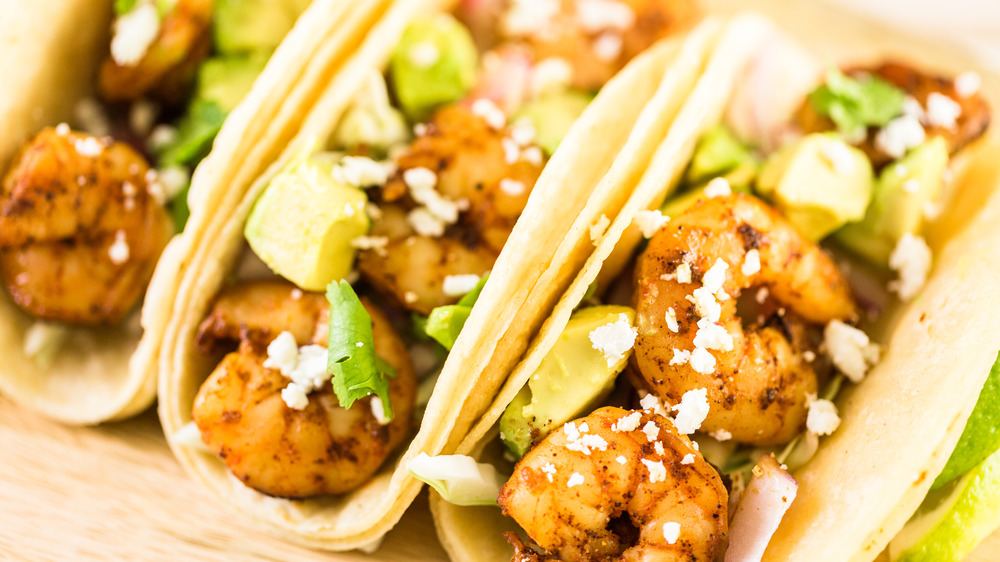Why You Might Want To Think Twice About Eating Queso Fresco
If you love Mexican cuisine — whether just when dining out or making it at home — you've likely consumed a fair amount of queso fresco over the course of your life. However, there's one very good reason why you might want to think twice about eating queso fresco in the future: This is one cheese that could be deadly.
"Contaminated Cheese Tied to 29 Deaths" reads a headline from a June 1985 issue of The New York Times. The cheese to blame was queso fresco and cotija cheeses made by Jalisco Mexican Products in California. Beyond the initial 29 deaths and stillbirths, the cheeses made at least 59 other individuals ill. The death count would later be upped, in July, to a staggering 62. This isn't just a problem from decades past, though; in more recent news, in 2015, one death was traced back to queso fresco.
According to Food Safety News, queso fresco, both homemade and store-bought, has been linked to many instances of food poisoning. There are a few factors to blame, primarily queso fresco's high susceptibility to pathogens. The cheese's high moisture content, lack of a starter culture, and high pH all make queso fresco an ideal breeding ground for pathogens if not kept under just the right conditions.
In fact, the issue is so serious that the CDC recommends pregnant individuals avoid soft cheeses like queso fresco completely, as those who are pregnant are 10 times more susceptible to listeria infections.
Is it possible to enjoy queso fresco safely?
Consuming queso fresco safely comes down to two main things: pasteurization and refrigeration.
According to the American Pregnancy Association, the risk of a listeria infection (i.e. a type of food poisoning caused by listeria) is significantly reduced if you consume store-bought queso fresco that explicitly states on the packaging that the milk used in the cheese has been pasteurized. Additionally, it's a good idea to avoid any queso fresco that was not made in a safe, clean environment (in other words, don't trust homemade queso fresco). The CDC notes that even if queso fresco was made with pasteurized milk, it can still cause illness if the cheese was contaminated during processing.
Once you have your queso fresco at home, LA County Public Health says to make sure to keep it cold and refrigerated at all times, and don't transport queso fresco unless you can keep it cold the entire time. The FDA further recommends that you make sure your refrigerator is set to 40 degrees Fahrenheit or lower, keep all food in your fridge contained and separate, and clean your refrigerator (as well as the rest of your kitchen) often, to prevent listeria spreading to or from queso fresco.

